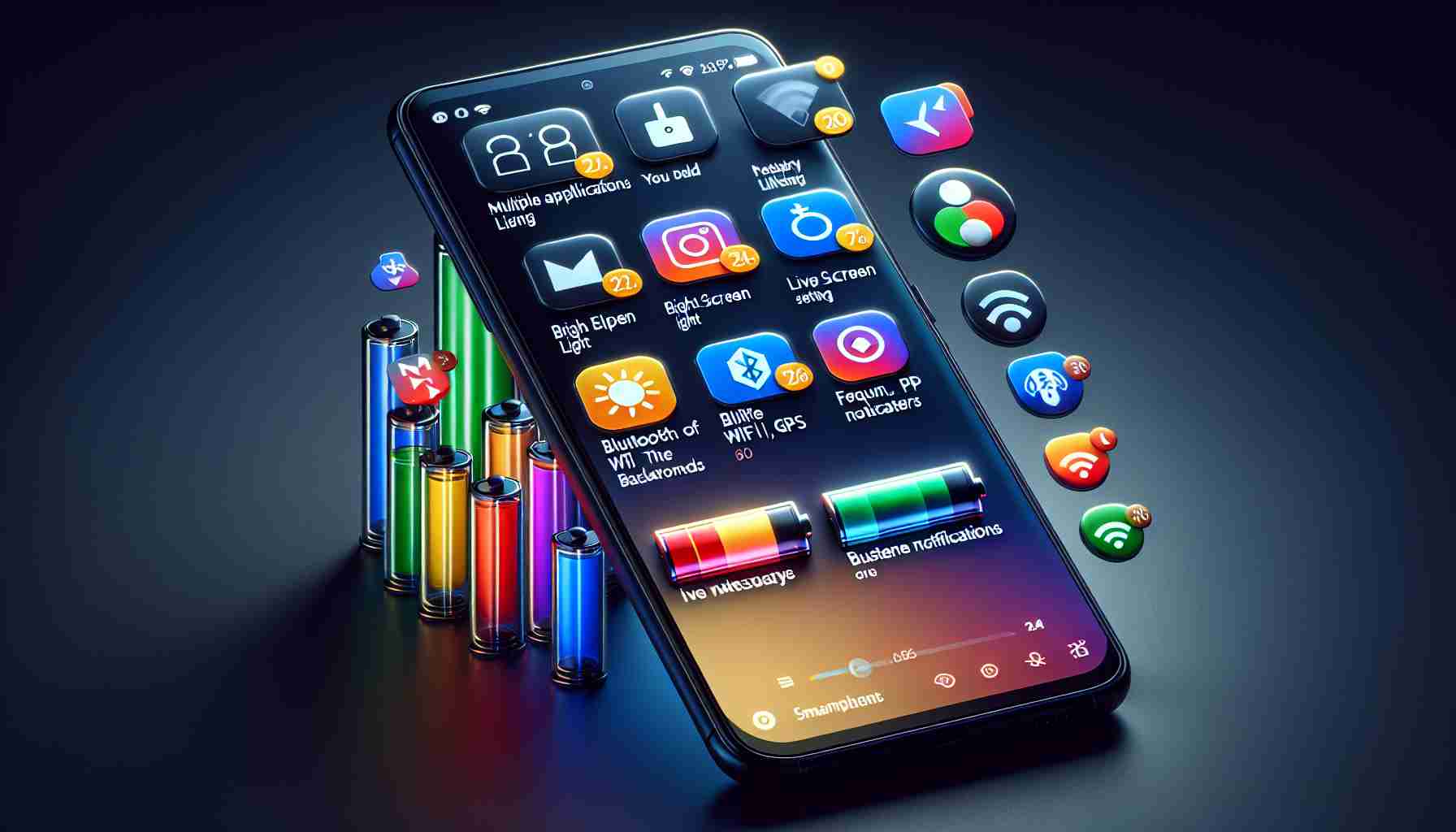Many users unwittingly engage in habits that are detrimental to their smartphones. Despite the best intentions to extend the lifespan of their electronic devices, they may be engaging in practices that do more harm than good.
Experts highlight that common behaviors can significantly impair both the longevity and functionality of our daily gadgets. One of these behaviors includes a charging habit that many are guilty of—leaving the smartphone plugged in for extended periods, such as overnight. This is largely unnecessary considering that many modern phones can recharge quickly, often within 20 to 30 minutes.
Moreover, it is a common misconception that batteries should be charged to 100% or allowed to drain to below 20% before recharging. Newer smartphones are equipped with features that cap the charge at around 80% to prevent long-term battery damage.
An additional misconception pertains to the management of smartphone applications. There is a prevailing belief that frequently closing apps can help preserve the phone’s operational integrity. However, this is counterproductive. Regularly used apps such as social media and messaging platforms like WhatsApp should be left running in the background. Despite the instinct to close them, keeping these apps open actually requires less battery power than the constant closing and reopening of such apps.
It is important to reassess these habits to ensure the longevity of your smartphone battery, opting for strategies that align with technological advancements and battery preservation.
Another common mistake users make is exposing their smartphones to extreme temperatures. Lithium-ion batteries, found in most smartphones, are sensitive to temperature extremes. Using your smartphone in very hot or cold conditions can degrade the battery’s health over time. It is advisable to keep the device at room temperature whenever possible, and to avoid leaving it in a hot car or out in freezing conditions.
Misconception about fast charging is also worth mentioning. While it is true that many smartphones have the capability to charge rapidly, frequently using fast charging can put additional strain on the battery, potentially leading to a shorter lifespan for the battery. To mitigate this, users should consider using fast charging only when necessary and rely on standard charging practices most of the time.
Additionally, using off-brand or uncertified charging cables and adapters can be harmful to smartphone batteries. These products may not adhere to the same safety and quality standards as those from the smartphone manufacturer, which can result in improper charging and further reduce battery longevity.
Screen brightness and battery life: Keeping the smartphone’s screen at maximum brightness can significantly drain the battery. It is advisable to use the auto-brightness feature, which adjusts the screen brightness based on the ambient light, or to manually set the brightness to a lower level to conserve battery life.
Background processes and updates: Not managing the background processes and app updates can also affect battery performance. Many apps run processes in the background that consume power even when not in active use. Adjusting settings to limit background data or disabling unnecessary background processes can help extend battery life. Additionally, enabling automatic updates during periods when the phone is plugged in can prevent the battery from draining due to app updates performed throughout the day.
When discussing the challenges associated with smartphone battery life, one must consider the balance between convenience and care. While users often prioritize immediate convenience, this can result in habits that are detrimental to the overall health and longevity of their smartphone battery. Educating users about optimal charging practices and device maintenance can be challenging, and there is a continuous need to adapt this education to the evolving technology of smartphones and batteries.
The controversy in this area often revolves around planned obsolescence. There are claims that manufacturers intentionally design smartphones to have a limited lifespan so that consumers are compelled to purchase new devices more frequently. This has contributed to a significant amount of e-waste and raises ethical questions regarding the sustainability of manufacturing practices.
Advantages of proper battery care include:
– Extended battery lifespan
– Improved overall performance of the smartphone
– Cost savings over time due to reduced need for battery replacements or new phones
Disadvantages include:
– The need for discipline in maintaining proper charging habits
– Possible inconvenience from not using features such as fast charging
– Initial investment in quality charging accessories
For up-to-date information and further tips on extending your smartphone battery life, you can visit the main domain of technology-focused websites such as CNET or TechRadar. These types of sites often provide comprehensive guides and articles on smartphone maintenance, including battery care.
The source of the article is from the blog combopop.com.br
